They say that if you want to get to know a place you have to see it with your eyes but also taste it with your palate. Every village in Bulgaria, every town has its own flavour and aroma. One of the ways to get to know them are the gastro routes which have been gaining in popularity. Tourists visit with local people where, in a casual setting, they show them how to make dishes typical of that part of the country. But there are other, additional things to experience as well:
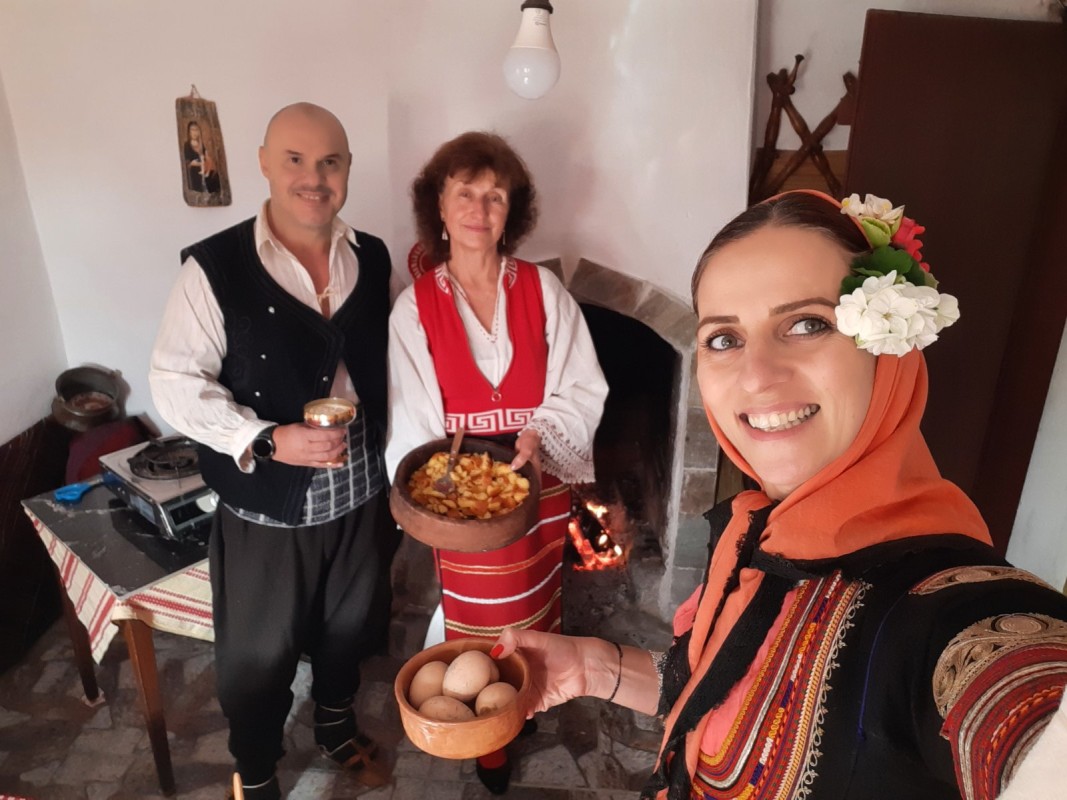
“Often this includes wearing traditional clothing and taking pictures, or presenting the local dialect which is fascinating. The locals try to teach their guests a few words. Or, a third option is a visit to some natural landmark in the respective area, or horse riding, a visit to an animal farm where the guests can feed the animals or… talk to them. But the most important element is the cookery demonstration – cooking something delicious and eating it with the guests,” says Gergana Kabaivanova, manager of pendara.bg, a Bulgarian online gastro and rural tourism platform.
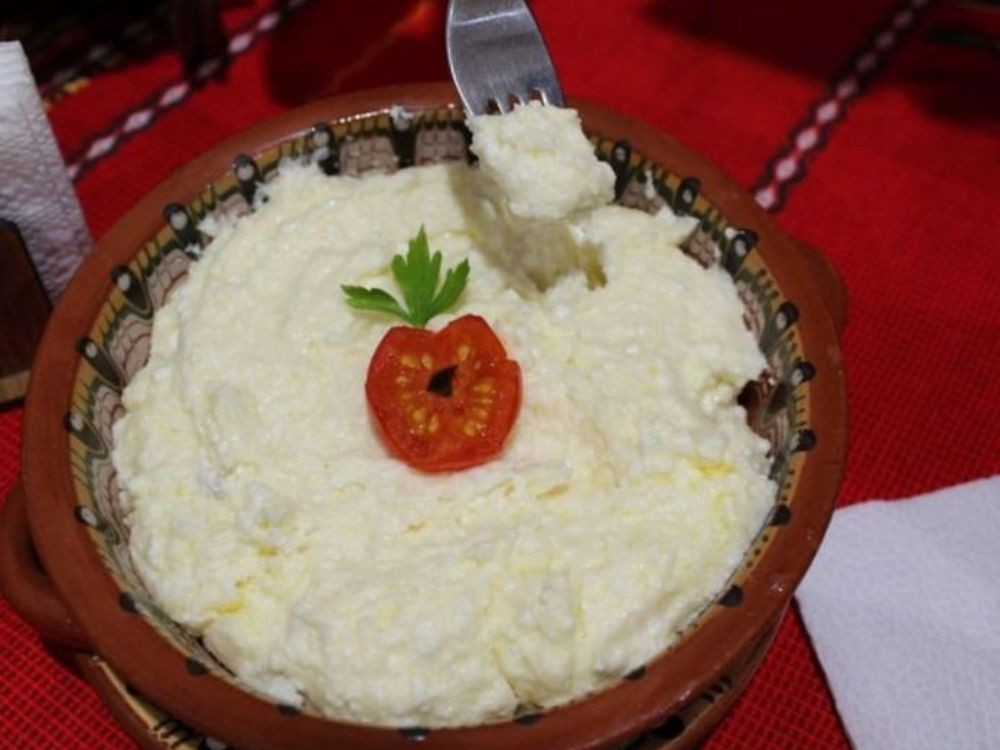
The platform presents dozens of addresses across Bulgaria where the local people welcome guests into their homes to acquaint them with the subtleties of the local cuisine – authentic Bulgarian dishes, part of the cultural heritage of a given part of the country.
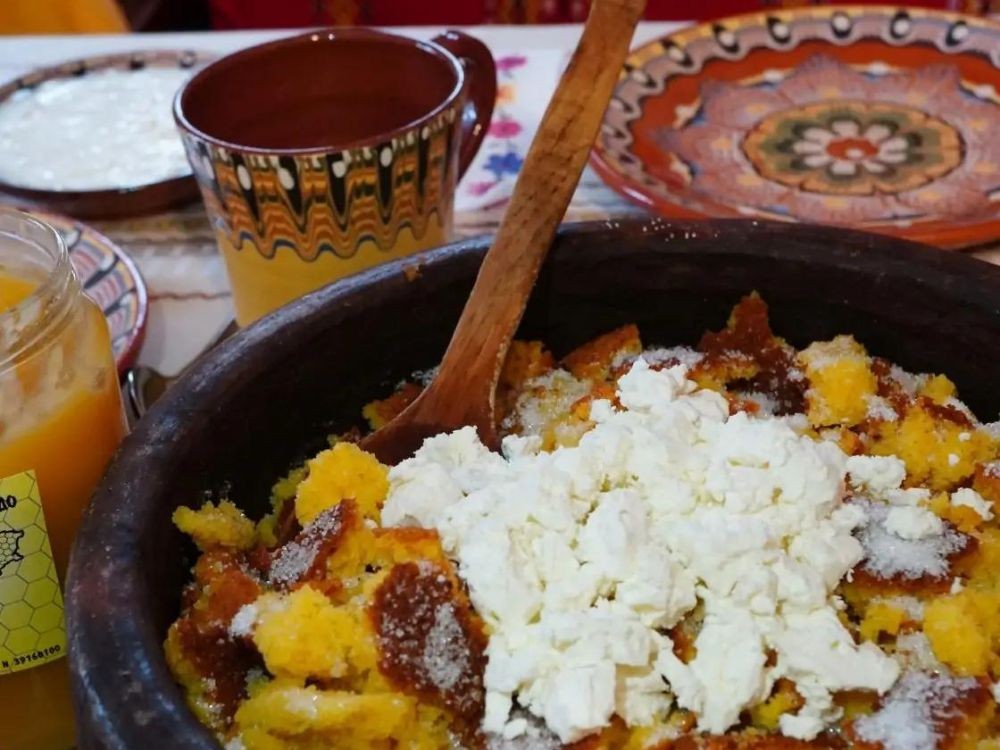
As it turns out, traditional Bulgarian cuisine is very different from what we can order in modern restaurants which offer a lot of meat, mostly barbeque.
“There isn’t a lot of meat in traditional Bulgarian cuisine because just like banitsa, meat was only cooked on special occasions – family or religious,” says Gergana Kabaivanova. “Pastry is much more part of the Bulgarian tradition – banitsa, mekitsa, different kinds of bread, the all but forgotten trahana, noodles… The dough is moulded in different ways so it can be preserved, dried or so it can ferment and be used some time in the future.”
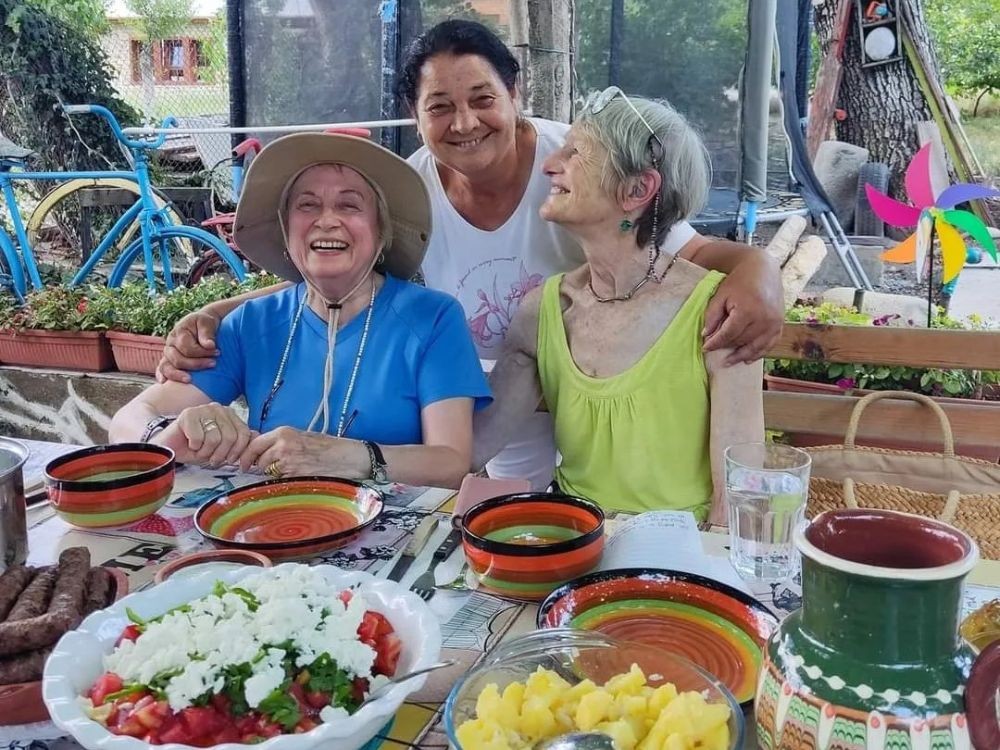
Our ancestors ate mostly lamb, mutton and goatmeat. Pork became a staple much later – a little over a century ago because pig breeding wasn’t all that widespread. However, the tradition of preserving meat products has come down to us in our day – dried, fermented, salted, in wooden barrels etc.,” explains Gergana Kabaivanova. Otherwise what is typical of Bulgarian cuisine are large pieces of meat cooked with vegetables, or just onions – something that has been handed down from generation to generation.
In our day much of the wealth of authentic recipes has been preserved by the older women in villages. However, the interest in gastro tours offers a chance of preserving and passing on this treasure trove of traditional food and recipes.
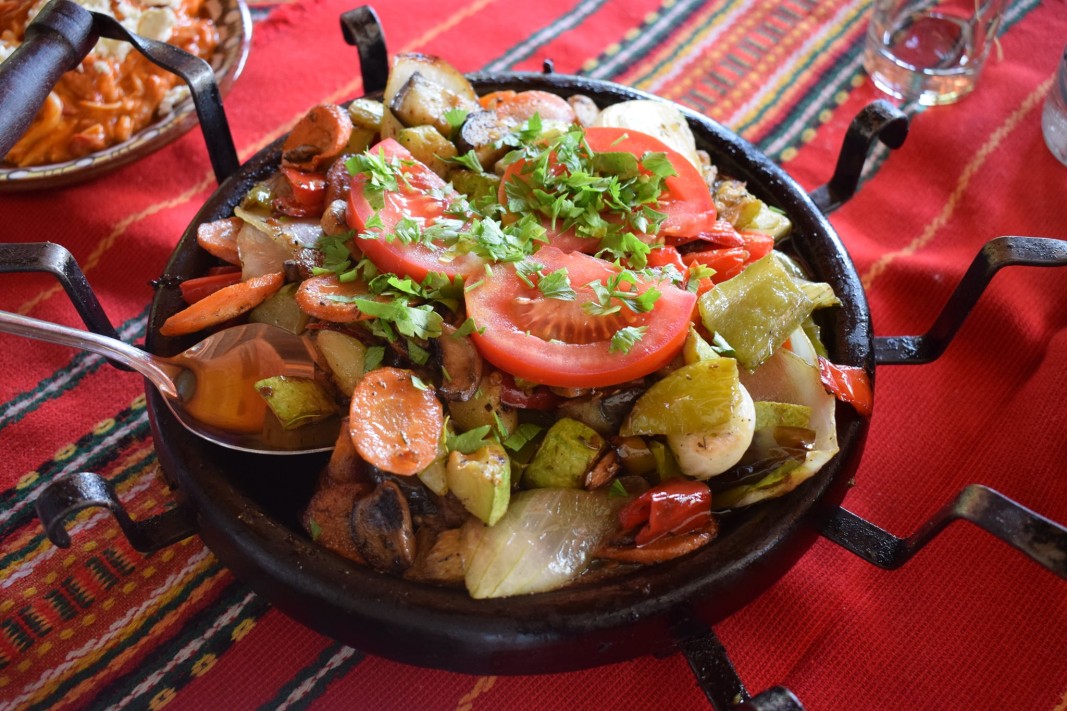
“We have mostly young people – 20-40 year olds - travelling with us, at the moment we are working mostly with Bulgarian guests. They want to try out different flavours, and are not worried at all by the smell of animals, or if the woman of the house comes out to meet them wearing a dressing gown. And I am glad because that is a sign that this culture of promoting rural tourism, of appreciation of Bulgarian gastronomy has a potential among young people,” says Gergana Kabaivanova.
Translated and posted by Milena Daynova
Photos: Pendara
The Dolphinarium in Varna is once again welcoming visitors. Starting today, it will offer three shows daily throughout the summer season, reported BGNES. Children will be greeted by Dolly, Yoanna, Bimbo, Kimbo and Flipper, who perform high..
The Rhodope Municipality of Ardino announced that it has begun preparing its candidacy for participation in the fifth edition of the UN World Tourism Organization's "Best Tourist Villages" initiative . The idea of the international..
The official start of the summer tourist season will be given on May 31 in Bulgaria's coastal resort Pomorie . By choosing the host city, the Ministry of Tourism focuses on promoting a diverse and sustainable tourist product, combining natural..
The Rhodope Municipality of Ardino announced that it has begun preparing its candidacy for participation in the fifth edition of the..
The Dolphinarium in Varna is once again welcoming visitors. Starting today, it will offer three shows daily throughout the summer season, reported..

+359 2 9336 661
